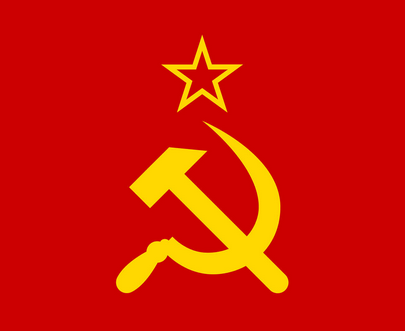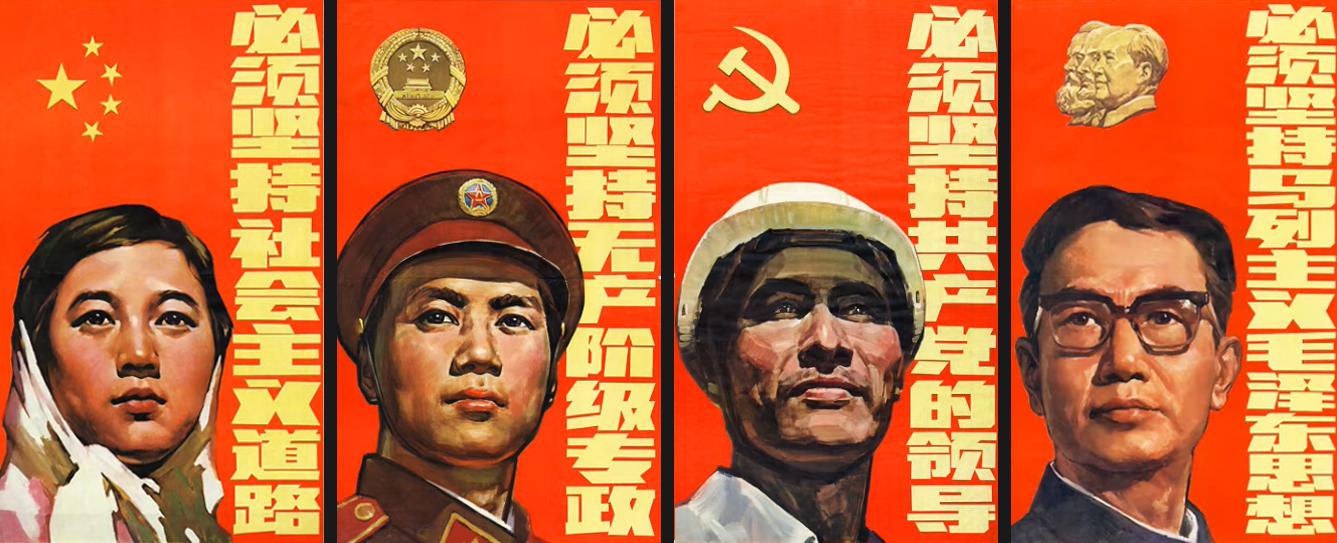ComradeSpahija [they/them]
I forgot I already had this account. Hexbear version of https://lemmygrad.ml/u/ComradeSpahija
- 7 Posts
- 113 Comments

 ·3 days ago
·3 days agophoto of ostrich paste in a piece of baguette
Show

 ·3 days ago
·3 days agoCW meat
Yesterday I tasted ostrich paste for the first time, it was actually pretty tasty.
7/10 would try again, though I have no idea where I'd find some (the friend who brought it got it from South Africa).
 ·7 days ago
·7 days agobump
spoiler
amber whataboutism volcel police
clearly it should be kiki though, with such a pointy beak
SLA (save-load abuse) runs especially are very hard to follow, and I'd say the main SLA exploit is rather hard to execute. Runs without SLA but with other glitches allowed are easier to follow since the player stays inbounds and the exploits are less confusing, and they are also easier to perform. I recommend this video if you want to learn the easier techniques for a full inbounds no SLA run of the first Portal game.
I agree with you that Portal 2 is perhaps less focused than the original Portal game. It's still a great game of course, but it seemed to introduce a bit too much stuff for its own good, which makes most puzzles somewhat trivial since the player is constantly being taught about a new game mechanic. And while Portal 2 is pretty funny, I prefer Portal's more understated ambiance to Portal 2's bombastic nature.
Portal speedruns are truly something else, especially with save-load abuse and going out-of-bounds allowed
To be fair I haven't played many mods for Portal or Portal 2, since I mostly enjoy practising speedrunning the first game (inbounds no SLA, usually; which is weird because I didn't get speedrunning before seeing Portal speedruns) or just learning about the game (its development, its bugs, the theories people have made about the plot); plus most mods are for Portal 2 which I find a bit less comfortable to play than Portal (is that a weird way to describe it?). However among the mods that I have played for Portal 2 I have enjoyed Portal Stories: Mel as well as Portal Reloaded (though I am yet to finish this one since it kinda breaks my brain lol). Portal: Still Alive is interesting to play in the sense that it was actually initially released by Valve so it is kind of part of the story of the Portal series' development, though the game/mod itself isn't too groundbreaking (I say game/mod since the original is a game but the unofficial PC port is a mod), and it's rather short (even shorter the first game). And while I obviously can't say it's a good mod for obvious reasons, I find the existence of Portal: Epic Edition to be really funny.

 ·11 days ago
·11 days ago




Thank you for this video I cannot get enough of it
bumping whataboutism amber volcel police

 ·11 days ago
·11 days agoThis month so far was a massive Juan Guaido sweep after he became interim president of occupied Korea and Syria, PM of
 , president-elect of Romania and CEO of UHC. Guaido truthers rejoice!
, president-elect of Romania and CEO of UHC. Guaido truthers rejoice!  Trust the plan
Trust the plan

 ·12 days ago
·12 days agoissuing correction on a previous post of mine, regarding the terror group Samsung. you do not, under any circumstances, "gotta hand it to them"


 ·12 days ago
·12 days agoI had already made a post when I found them, I thought of perhaps linking it in this one but I realised that it didn't really add much context

 ·12 days ago
·12 days agogreat man theory when big man theory walks in

Let a hundred schools of Luigi contend








This month has gone by pretty fast, I still feel as it we're around the 13-15th. But no, it's the 22nd and in less than three weeks I'll be in China! which is both very exciting, but also now starting to feel a bit daunting since I'll be abroad for far longer than I've ever been and I feel like I'll forget something important for sure.